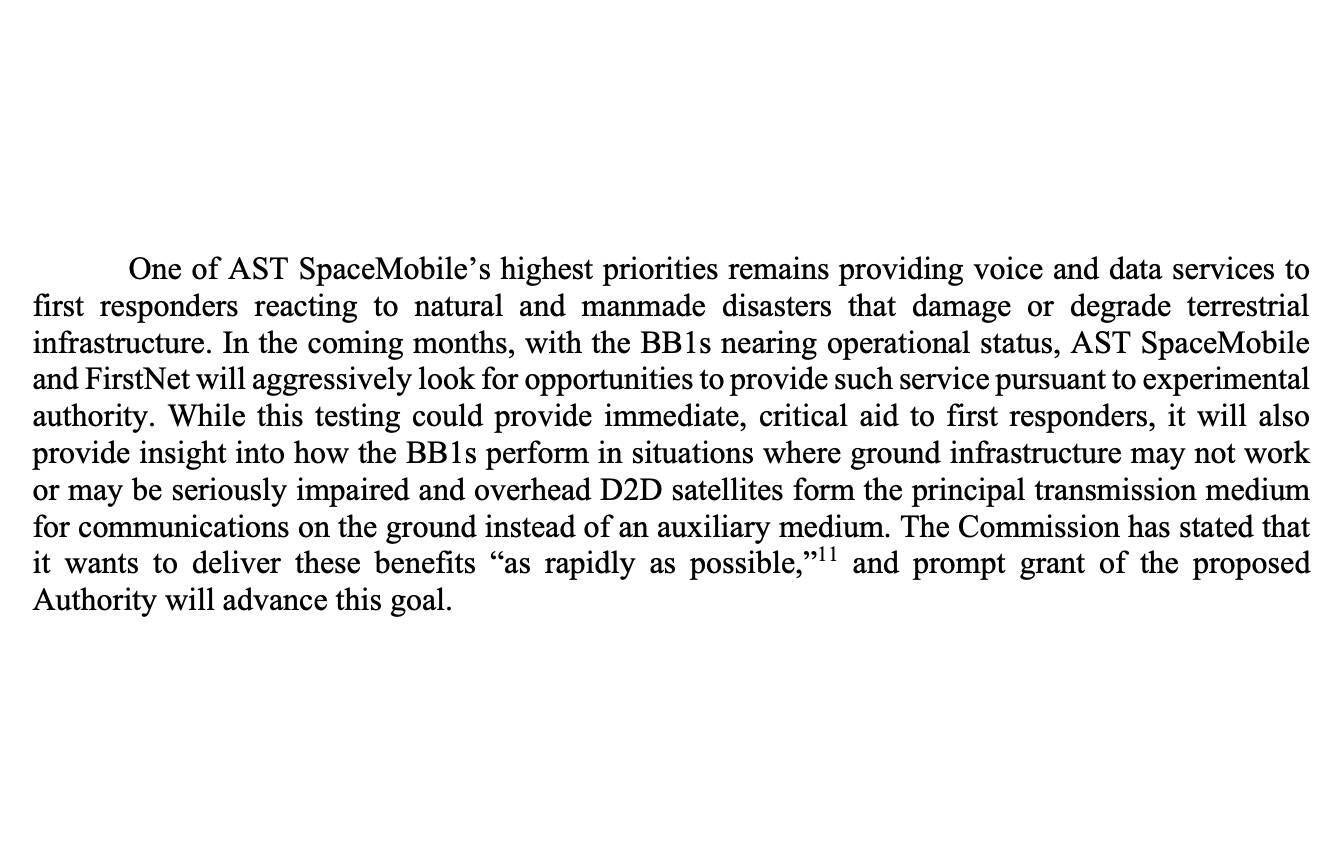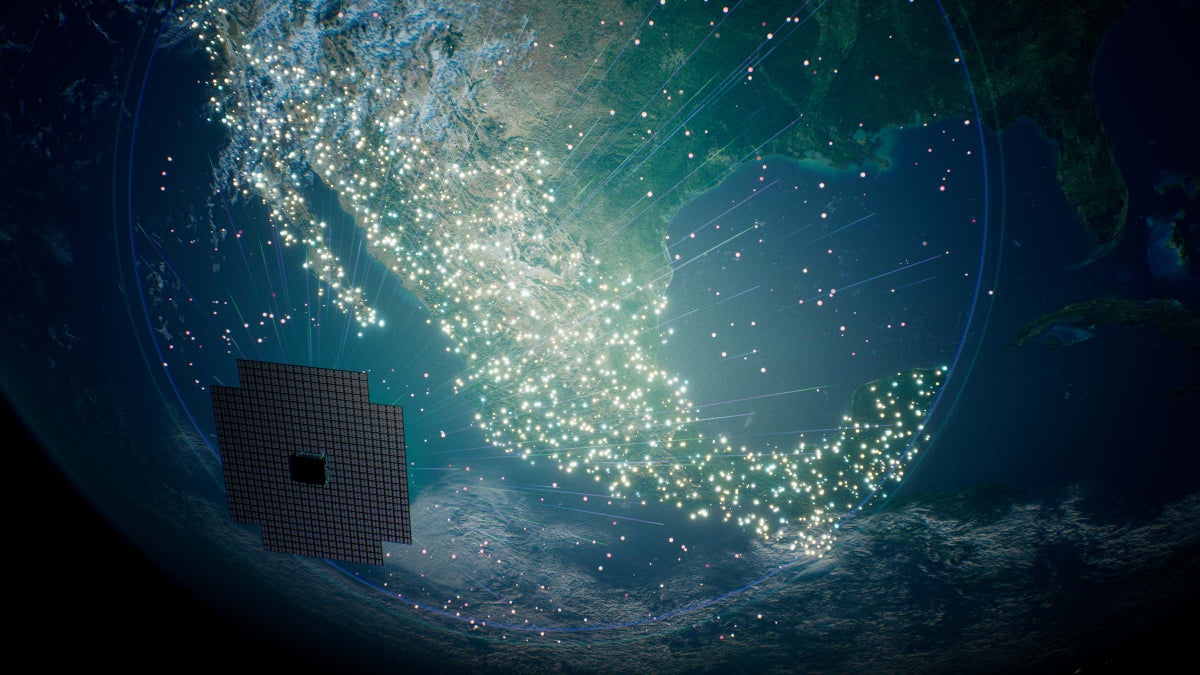AT&T briefly
teased its satellite service, before pulling the announcement, suggesting the launch might have been delayed.
AT&T has teamed up with satellite designer and manufacturer AST SpaceMobile to bring satellite connectivity to its subscribers to ensure they won't be without connectivity in areas without signals from its land-based network. In February,
AST SpaceMobile received permission from the Federal Communications Commission (FCC) to test its technology.
T-Mobile and
Verizon have already launched their satellite services.
AT&T seems to be feeling the pressure as the company launched a market campaign with rollout dates, only to pull it back.The company is seemingly hoping to roll out satellite texting for certain compatible devices this year and call support in late 2026.It's not clear why the ad was removed, but it seems to hint at a delay. AST SpaceMobile only has five of its BlueBird satellites in orbit and hopes to launch around 45 to 60 more by 2026 to offer satellite-fueled texting, calling, and data. This will be shared by its various partners, including
Verizon, which is currently relying on another partner for its satellite program.
AST SpaceMobile looks to be more ambitious than
T-Mobile. It says that its satellites are bigger and more capable than those used by
T-Mobile and Apple.However, it's one thing to commit to something and another to deliver.
T-Mobile is inching closer to a public rollout and might offer data and voice capabilities soon, provided its plans
don't get derailed by competitors.AST SpaceMobile, on the other hand, still has regulatory hurdles to jump over before it can connect its satellites to
AT&T and
Verizon's subscribers using their spectrum holdings, per TMF Associates analyst Tim Farrar. The company's huge satellites may have difficulty getting into orbit.And, skepticism aside, AST SpaceMobile's
FCC filing doesn't inspire much confidence in its ability to support a wide-scale rollout anytime soon.First of all, AST SpaceMobile's testing for
AT&T will initially be limited to FirstNet, the dedicated network for first responders commissioned by the US government. Moreover, testing will only be conducted with 45 smartphones, making you question the service's capacity.
One promising aspect is that the company says that it aims to provide voice and data services to first responders, hinting customers won't be stuck with texting only. And AST SpaceMobile will offer these capabilities while complying with strict power limits for which
T-Mobile's partner SpaceX got a waiver.
AT&T's initial testing will help it to eventually launch a nationwide direct-to-cell service.

